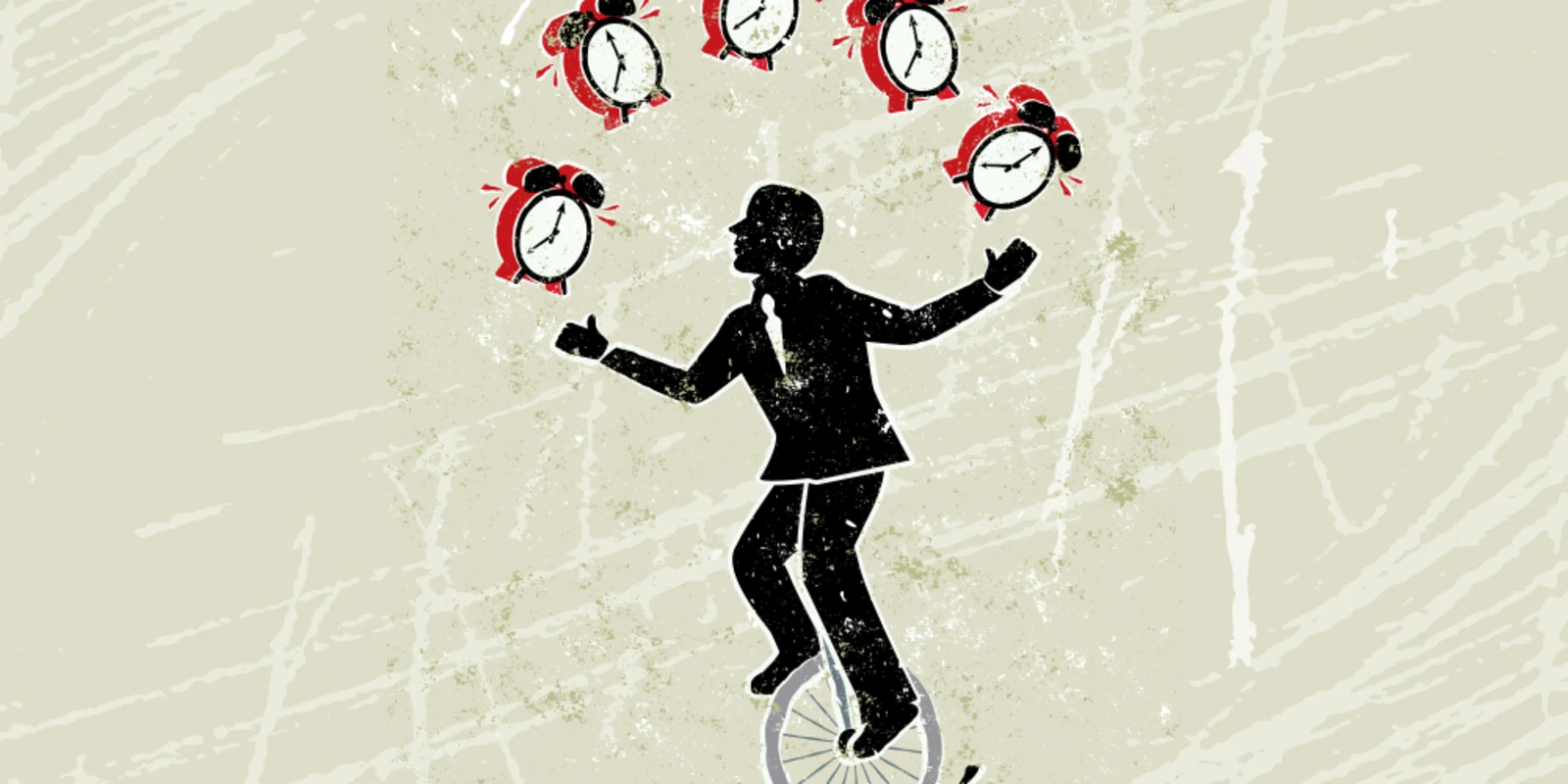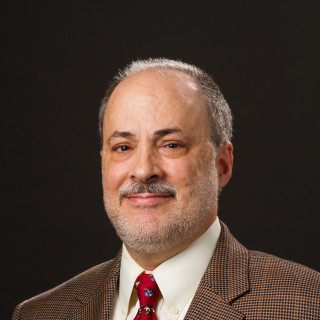
I went to a large high school in New York City. My older brother was two years ahead of me there and gave some sage advice about how to not look like a typical freshman. “Do not rush to class,” he told me. “There is plenty of time and this will only make you look like a dumb little kid.”
Sounded simple enough. What my brother could not have anticipated was that the school administration would decrease the “passage time” between classes from five minutes to three, beginning my freshman year. What followed was a lot of rushing by freshmen and others, and a lot of lateness. The administration, puzzled and outraged by this, piled on successive punishments for lateness to class. The passage of time itself was never again mentioned in my entire four years there.
I raise this anecdote as a prelude to a discussion of clinician burnout. The situation is of course complex and I do not intend to oversimplify. The explosion of medical knowledge, pressures to increase efficiency and keep costs down, and more people having access to health care all weigh on us. These are generally positive things so most people I know do their best to keep up even as time for such things seems to evaporate.
But there is a sense in which my fellow clinicians seem chronically late for class and no one is mentioning passage time.
About 15 years ago a funny thing happened. Doctors and nurses were asked to increase the amount of work they did by roughly 50%. This was not a literal request. But the clinical workflow changed such that if you had one hour of time, you would now be expected do 90 minutes of work.
This was all due to the EHR, electronic health record. Time saving and even life saving, they are marvels to behold. But not to work with. Computerized medical records are complex jumbles of clicks, boxes and fields that no one can give its due while paying attention to a sick person. Because of their immense promise to improve medicine and the bottom line, CEOs everywhere declared them irreplaceable. Even the government got into the action, dictating mandatory compliance with EHR use or face a penalty.
This is all fine except that no, I repeat N-O time was put aside to allow doctors, nurses, and other clinical staff to do data entry. The powers-that-be know that the clinical personnel in question will either use their own time (many doctors I know start their notes at 10 p.m., once the kids are put to bed, and continue far past midnight) or use time reserved for interaction with patients. Nurses routinely stay long past the end of their shifts.
I fully agree with implementing EHR in most care settings. As someone with several chronic diseases and many hospital stays under my belt, I can thank EHR for making possible some difficult clinical calls, which likely prevented serious problems.
Nonetheless, this fundamental breakage point must be reformed or our system will continue to contract into rushed moments of “care”, which are unsatisfactory to both clinician and patient. Give the staff adequate time or the help they need and the cloud of pressure, demoralization and fantasies about leaving the profession will lift. Perhaps not entirely but enough so people can work for the reasons they went into clinical care in the first place.
There are obviously many worthy areas to focus on in our quest to improve healthcare in this country. The most worthy is clearly creating a system in which everyone has access to quality care without a financial burden. While we all support our candidate of choice in this larger battle, there are things we can do which pool our resources as the cogs that make the whole machine work.
As time for data entry is a cross disciplinary issue, a united voice would be a very strong wind in the direction of change. This may seem like a narrow issue compared to other things we face, yet it affects all aspects of care and unlike other issues, has concrete solutions. Better staffing, scribes and more intuitive software (perhaps with voice input) are only three such solutions. We are clearly all in this together, patients included.
The next step would be for those with organizational skills and a desire to change the status quo to step forward. Something as simple as a petition signed by most of the clinical staff would be an excellent first message. With some leadership and a focus on this crystal clear issue we could improve our lives and those who we care for.
Dr. Rego is a semi-retired psychiatrist with 23 years of independent practice and teaching behind him. He has written about the intersection of psychiatry and philosophy as well as worked internationally to set up services in an indigent area of South America. Currently he is writing a book about mental illness and modern life.







